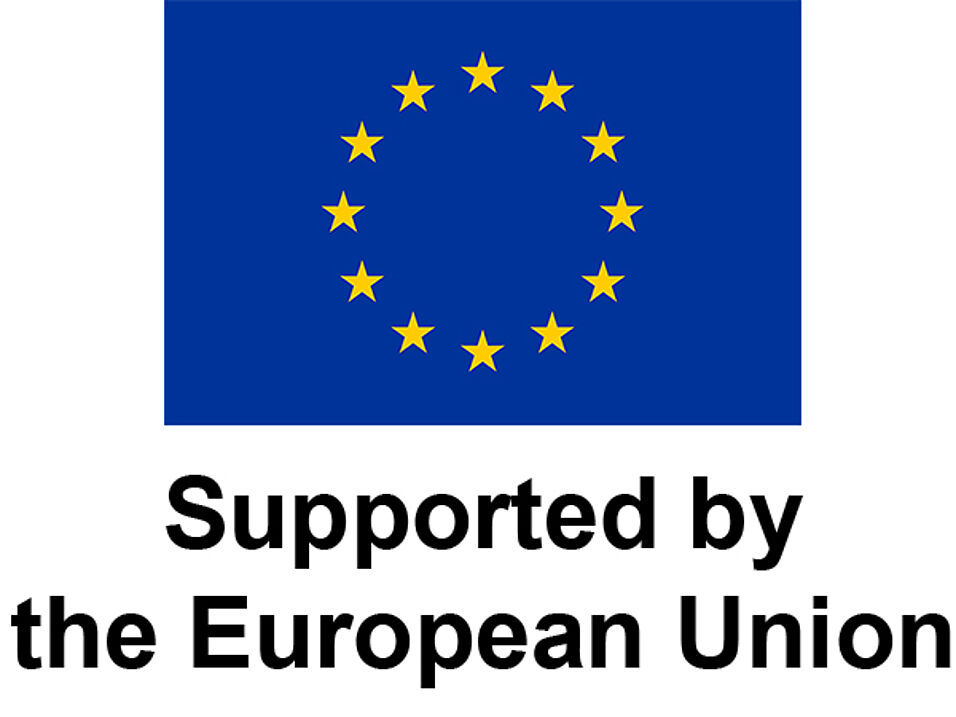The ELI Report, prepared with input from the European Union Agency for Fundamental Rights (FRA), acknowledges that corporations, which can exercise economic and social influence that sometimes rivals that of nation States, may engage in practices that negatively impact human rights. Access to justice by victims of such violations can often be hindered in practice by a number of factors, including the inherent imbalance of power between victims of human rights abuses and large companies.
The Report formulates recommendations as to how EU, Member State and non-Member State action could address the common obstacles victims face. It proposes appropriate legal procedural rules, addresses the need for judicial collective redress procedures and for effective non-judicial mechanisms. It underlines the importance of access to information and examines the implementation of those concerns in the context of private international law jurisdictional rules and applicable law regimes. The Report also explains how the link between human rights due diligence and remedies could work properly. Significantly, the ELI team proposes, among other innovative ideas, an effective way on how to design collective redress procedures. It advocates the establishment of an EU Ombuds institution that could offer an alternative dispute resolution mechanism equipped with relevant expertise and able to play a role both in standard-setting and complaint-handling, avoiding issues of private international law.
The final recommendations also take stock of the research conducted by the FRA in its 2020 comparative study ‘Business and Human Rights – Access to Remedy’, which collected evidence on access to remedy in EU Member States in relation to business-related human rights abuses.
Diana Wallis, Project Co-Reporter, former Vice-President of the European Parliament and former ELI President, underlined that: ‘various initiatives in this space have either been enacted or are under consideration at national level and also now at European level. What is desperately needed is a simple and accessible pathway for redress for victims and this is what the report attempts to get to grips with in its recommendations.The report is launched as the European Commission presents a draft Directive on due diligence – an instrument that is set to contribute in this regard.’
Jonas Grimheden, Project Co-Reporter and former Programme Manager, FRA, added that: ‘The set of recommendations that this team-effort offers spans essential dimensions of where Europe could advance the law and practice of business and human rights. Apart from ensuring maintained global leadership in this important area, it would help to boost values that need to be upheld.’
More information about the project and the full report are available here. A webinar on the topic, open to the public free of charge, will take place on 29 March 2022 from 18:15–19:45 CET. To register, please click here.
Further information on the project and on access to justice in the context of Business and Human Rights is also available in an article (in Italian) drafted by Project Team Members, Robert Bray and Ilaria Pretelli.


